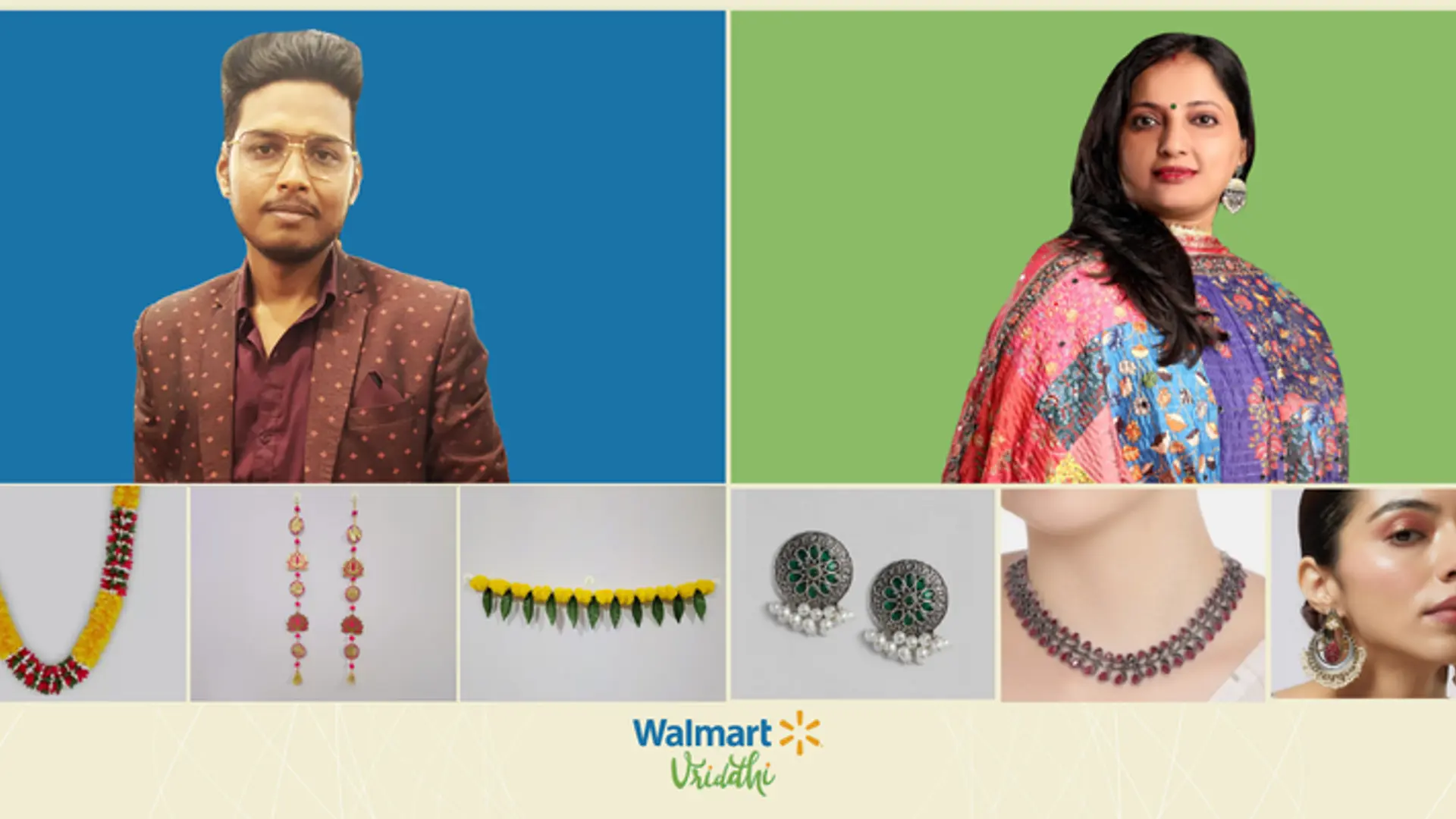How these 5 young women are using social media to empower themselves and others
There are hundreds of memes, viral videos, and challenges all over the internet. But through movements like body positivity, mental health awareness, and #MeToo, social media has been able to truly impact lives, all over the world. YourStory reached out to five young women and asked them how they use social media to make a difference and be heard. Here’s what they had to say.
Arjama Bakshi
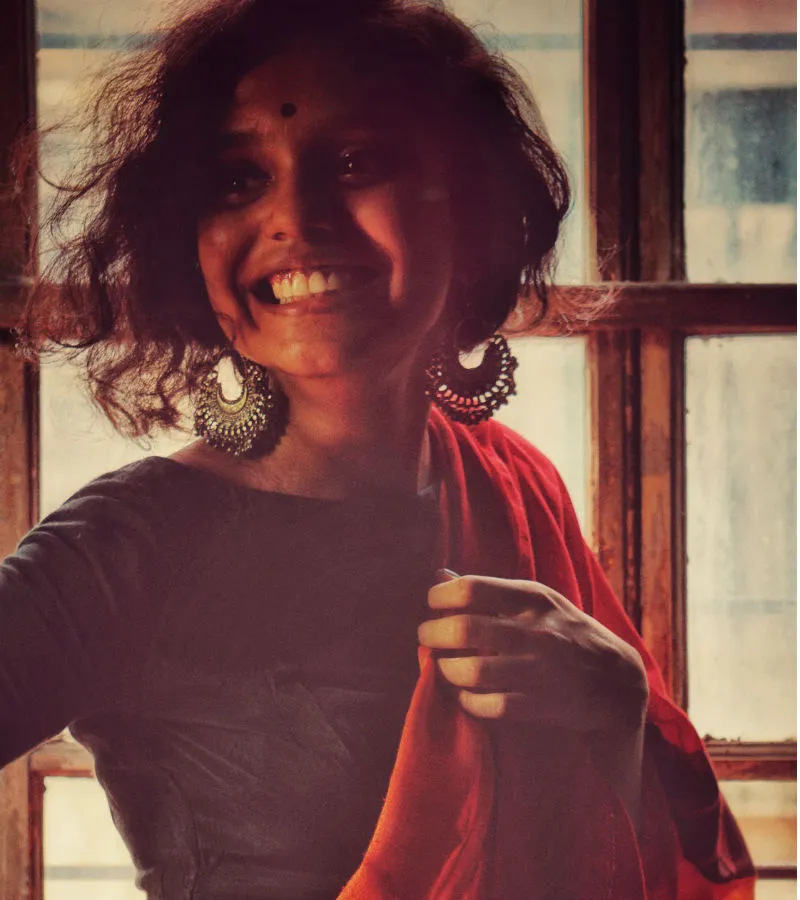
I recently took part in a fellowship conducted by Youth Leaders Active Citizenship (YLAC) with Instagram and learnt how to spread awareness and positivity through art. I started out with sustainability, and gradually tackled bullying, mental health, diversity, body positivity and equality. In the end, I realised that although everyone's struggle is different, they can still make a change, so why couldn’t I?
When the fellowship ended, I chose to continue their Instagram account - @shareerspeak. Having been body shamed almost my whole life, I wanted to help others cope with it too. I became an activist because I didn't want others to feel like they were alone in their struggle.
Through artwork and collaborations, I try to spread the message of body positivity. I tell people, 'You are beautiful. Embrace your flaws. Just accept yourself the way you are. Be who you want to be.'
Kavya Shankar
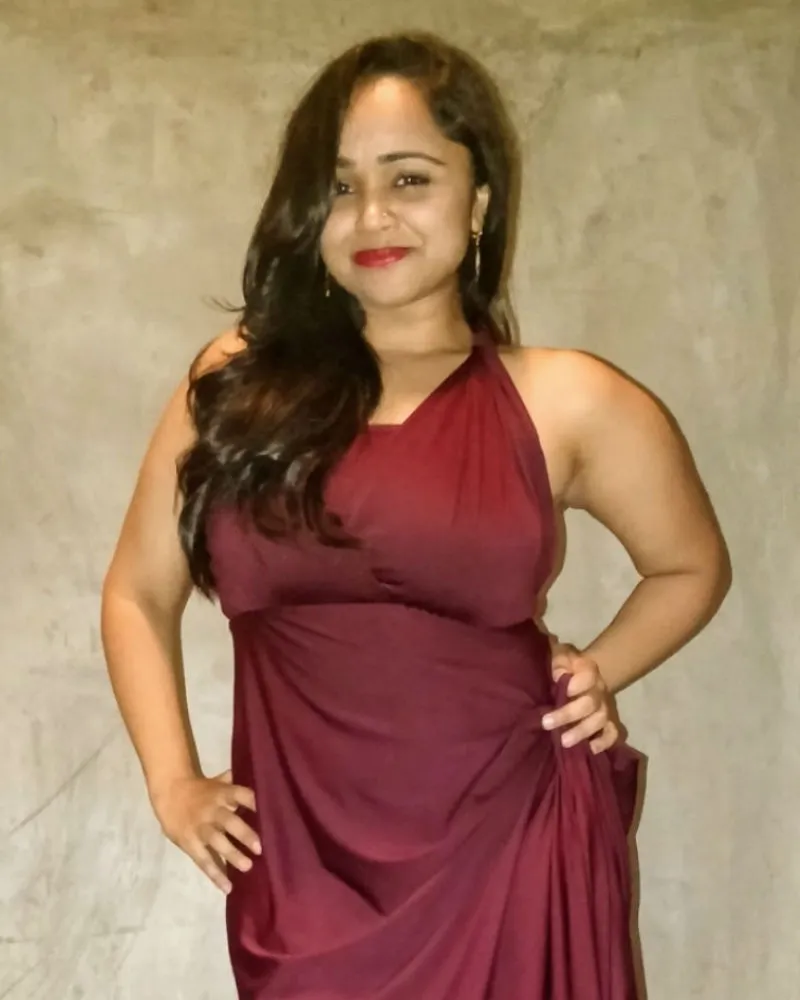
Throughout my life, I have been made to feel ashamed of myself, and conform to society’s expectations of ‘behaving like a girl’. But as time passed, I realised that I was hurting myself by doing so, and gradually unlearnt everything I was conditioned to believe in.
However, when I began my career in the fitness industry, nobody would take me seriously. I was fired if I didn’t give into sexual favours, and some trainees would leave because they felt emasculated to have a female coach.
So, I took to social media to discuss the abuse I was facing, hoping to find support and solace, but instead, friends and family criticised and shushed me
Bearing the weight of this trauma, I decided to start my own company. Now, I focus on the message of body positivity, and appreciate the people who stand by me and see me as a leader and changemaker.
I share my experiences on Instagram and Facebook, and feel safe doing so. I also offer support to anyone who relates to my struggles, and encourage them to step up and be themselves.
Neelakshi Singh
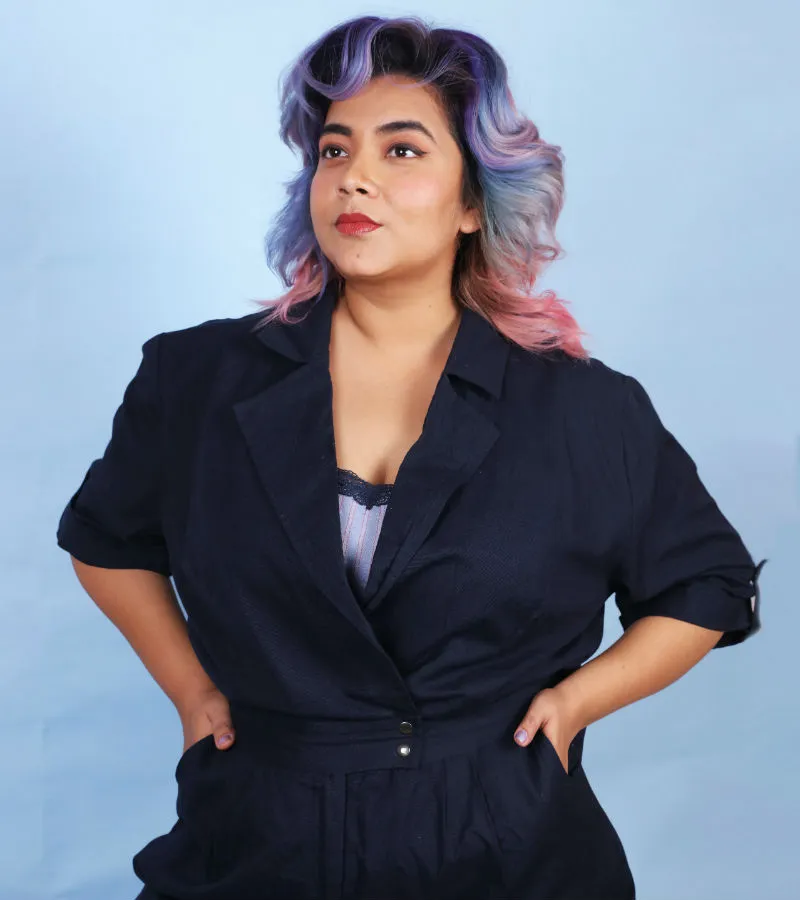
The face of body positivity on social media is often seen as an hourglass-shaped, curvy woman, but it’s so much more. We need front-runners who also represent the diverse array of body types, like having wobbly tummies, flat butts, and not-so-curvy frames.
I have been overweight for almost 11 years now, because of health issues. Over the years, I have learnt how to dress by experimentation and through the sensibilities from my mother.
Studying fashion has helped me understand the different ways in which fabric adorns the body, and I believe that everyone can look good irrespective of their shape, size, gender or skin colour.
I never expected to have body-positivity representation from India, but social media lends me the perfect voice to be heard, network and showcase myself and the things I stand for.
I started blogging to connect with women around the world who felt the way I did about fashion and body-positivity. Receiving positive responses from these women motivates me to keep blogging.
I want to destigmatise everything that challenges the standards of beauty. I'd love to see a day where our bodies are respected and left alone, without being body-shamed.
Leyre Garatea
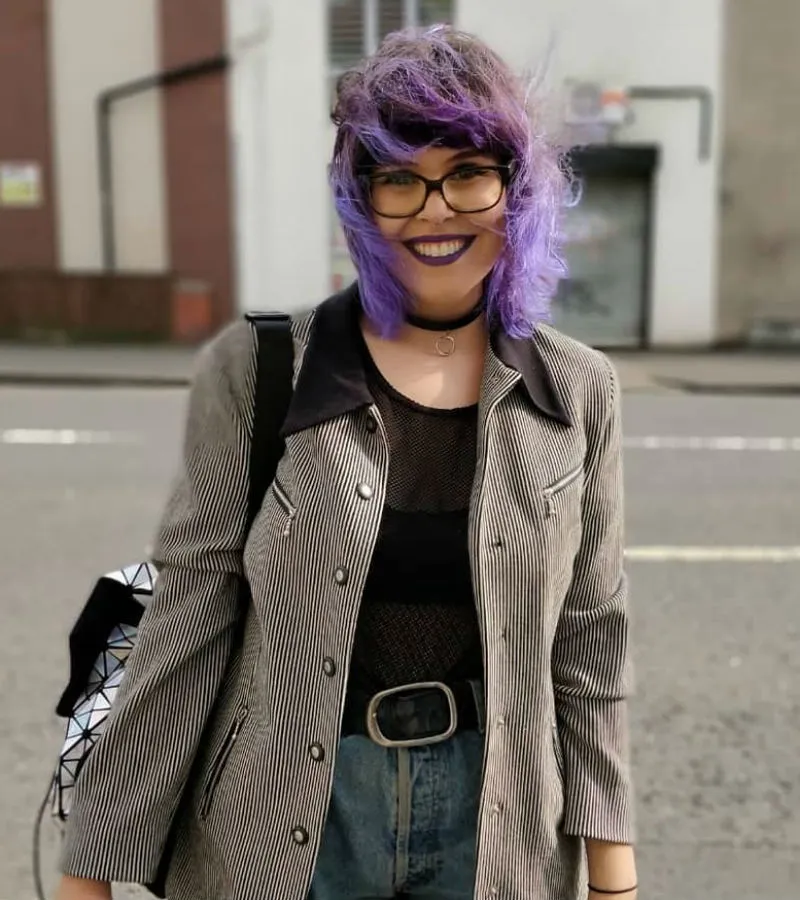
Social media is an interesting and impactful tool that helps us make full use of our resources and capability, but we must not forget that we have a real place in the world that we have the right to occupy and defend.
It’s important for women to get together, bond, create support networks, and take care of each other. We are powerful when we unite online, and even more so when we stand by each other in real life. This is what makes us unstoppable.
As a privileged white woman living in Bengaluru, I don't believe I can encroach upon the struggles of other communities, but I support and stand by them as much as I can.
I keep my social media posts personal, albeit political, about my mental health and other struggles. As an individual, I just want to be real, so I share who I am, including the times I’ve been loved, cherished and supported.
Be it online or offline, standing up for ourselves is important because we, as human beings, matter and deserve justice. It’s our right to fight for a world where we feel safe.
Vijaya Aswani (Spreefirit)
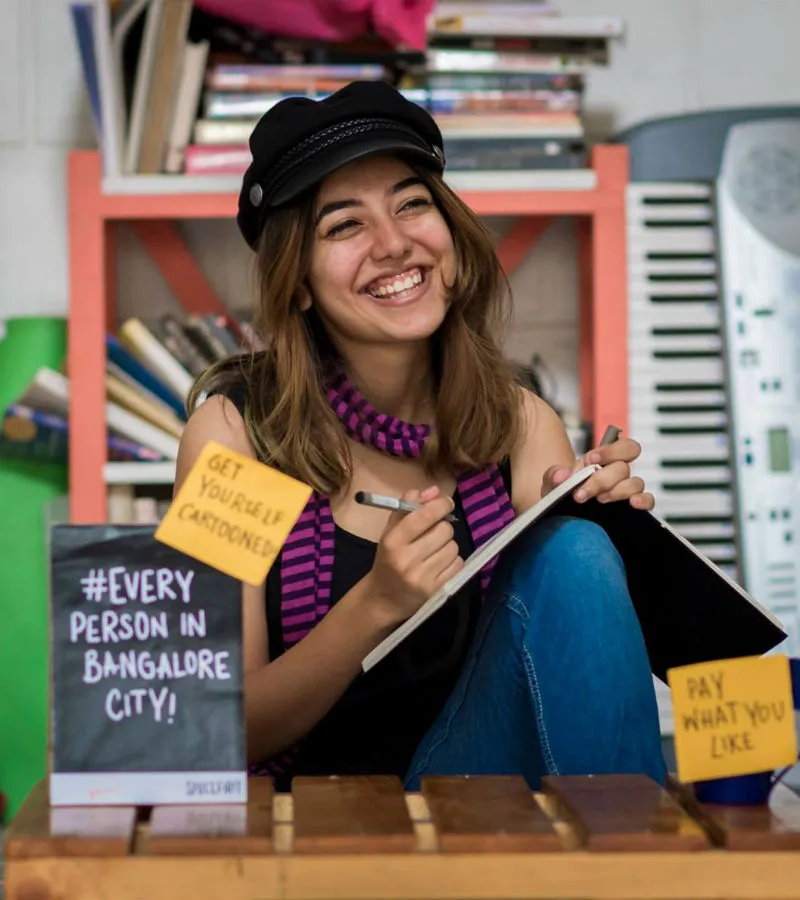
As an artist, social media has been the primary means for me to build a portfolio and find work. At least, that was the initial intention. Over time, it became so much more - a place to share stories, thoughts, learn from each other and even make amends.
Being a freelancer, I’ve struggled to network and find people who understand my creative process and respect my time and value. And until we began speaking out in solidarity on social media, I lived in fear of meeting male clients.
While the #MeToo movement is heart-breaking, I’m glad that women are helping each other talk about their experiences, and making spaces safer for us. I hope we see a day where we no longer have to fight to survive.
Read also: Women who played pivotal roles in the MeToo movement
Social media, with all its reckless existence, is meaningful. Through my platforms, I share my art and stories, hoping people find something in them to feel good about and smile.
While letting art offer something worthwhile to people feels good, it’s also important to log out, take a walk, play with our paints and connect with ourselves!



